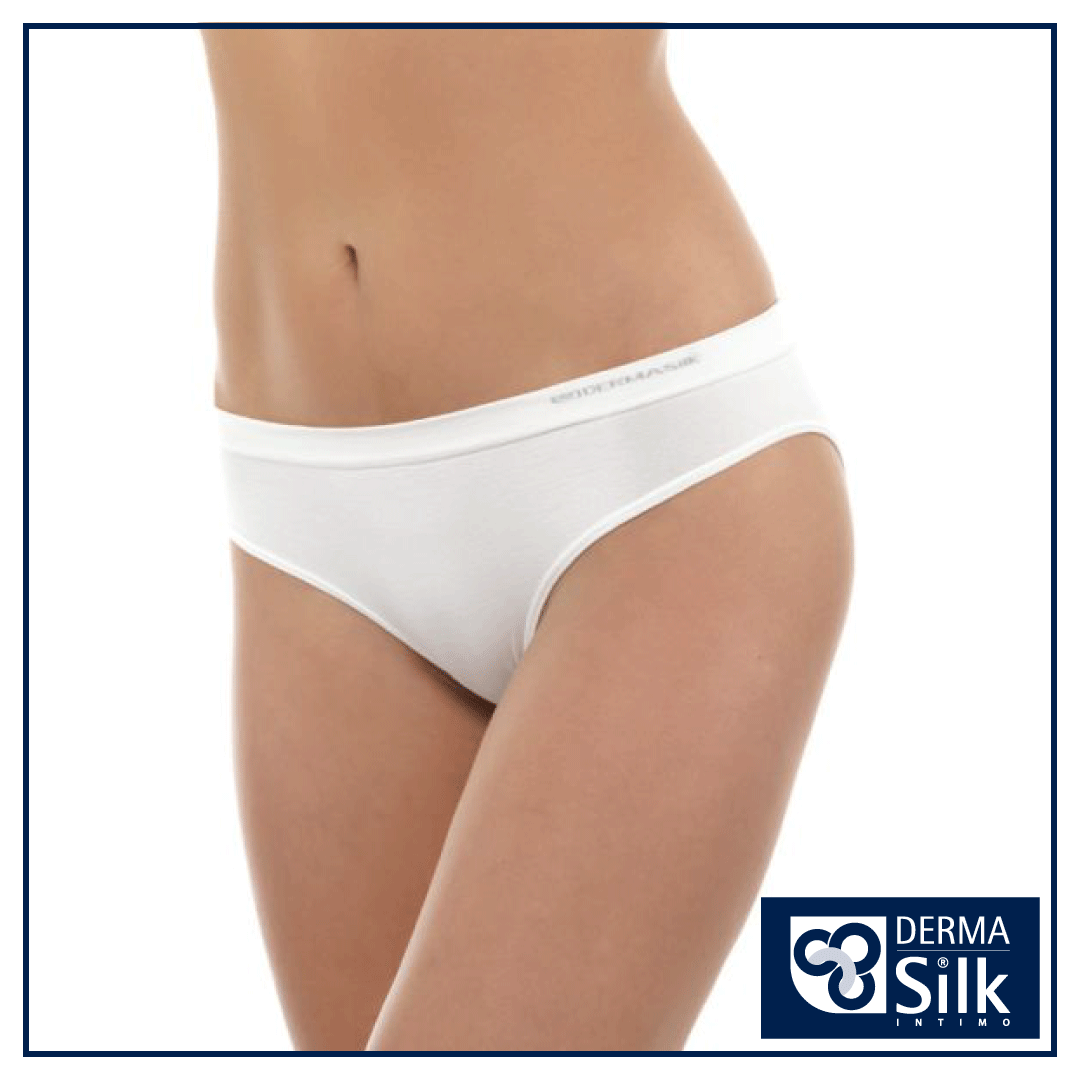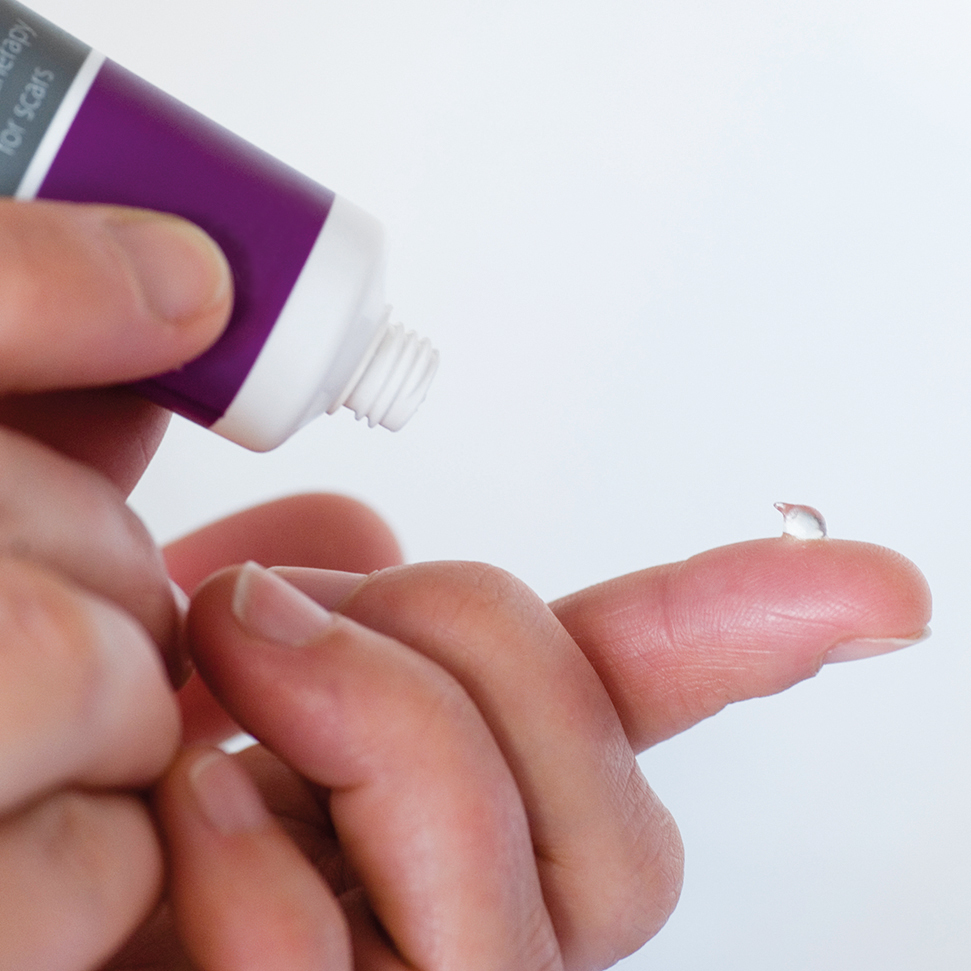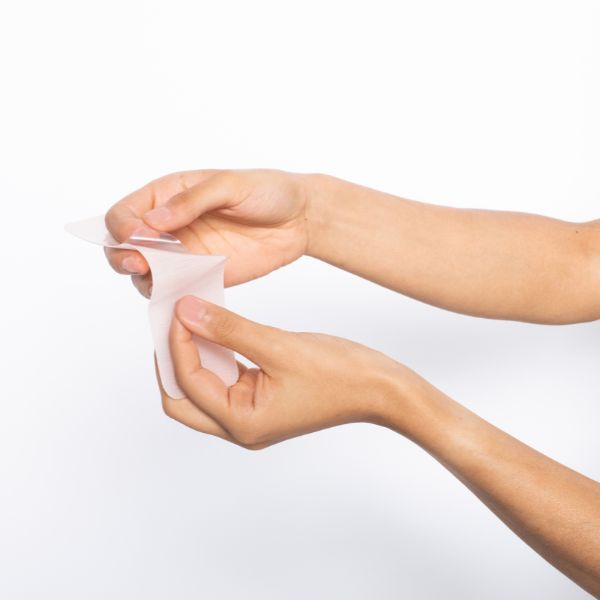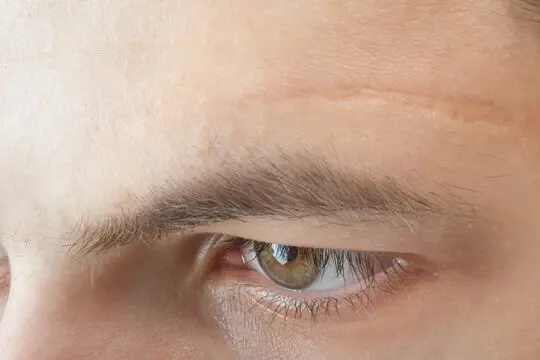Stress and Eczema: How Are They Linked?

Living with eczema can be challenging, and stress is often a significant part of the experience. With International Stress Awareness Week coming up on 4-8 November, it’s a good time to discuss about how stress affects eczema and what steps can be taken to break the cycle. Many people don’t realize that eczema is not just a skin condition; it’s a condition that can be heavily impacted by lifestyle and mental health. Anxiety and stress are common triggers that cause eczema to flare up, which then creates more anxiety and stress, which then leading to further eczema flare-ups.
How Does Stress Affect Eczema?
Dr Mark Levenberg, a board-certified dermatologist at Pfizer, explains that stress can impact the immune system and skin barrier, potentially worsening eczema.
When we’re stressed, our bodies release a hormone called cortisol. While this is a natural response, a constant flow of cortisol can cause inflammation throughout the body. For people with eczema, this often leads to worse symptoms, such as redness, itching, and discomfort. According to the NHS, stress can trigger eczema “flare-ups,” making the skin even more irritated and uncomfortable.


Not only does stress make eczema worse, but having eczema can also increase stress. The itching and discomfort often make it difficult to sleep, leading to tiredness and irritability. Additionally, visible symptoms on areas like the face and hands can lead to embarrassment or self-consciousness. The National Eczema Society notes that about 25% of people with eczema struggle with feelings of anxiety or depression due to their condition. This creates a challenging cycle: stress worsens eczema, and eczema symptoms, in turn, lead to more stress.
To manage both stress and eczema, taking small steps to relax and recharge can be incredibly helpful. Simple relaxation techniques, such as breathing exercises, can make a difference, as can getting enough rest and finding ways to manage flare-ups. By addressing both stress and skincare, it’s possible to reduce flare-ups and improve overall well-being.
How Can DermaSilk Help?
Breaking the stress-eczema cycle can begin with finding ways to manage and soothe symptoms, and this is where DermaSilk can assist. DermaSilk is made from hypoallergenic, sericin-free silk, knitted to allow air and moisture to pass through easily. This unique structure also gives it a greater ability to absorb and disperse moisture than cotton, making it ideal for sensitive skin. Unlike ordinary clothing, DermaSilk allows skin breathe, absorbing moisture without feeling damp and helping to maintain a stable temperature. This can be a big comfort for those who experience itchiness or irritation due to heat and humidity, which can exacerbate stress.
DermaSilk clothing is also shown to reduce harmful bacteria, helping prevent infections and further irritation. Its soft texture means it won’t rub or irritate sensitive areas, keeping you comfortable day and night.


Using a gentle cream like Alhydran Eczema Care, which is free from hormones and works to soften, moisturise, and soothe the skin, can also help relieve itching and burning. This cream extends eczema-free periods and helps prevent flare-ups, complementing the benefits of DermaSilk for longer-lasting comfort and relief.
Managing Stress and Eczema
While DermaSilk garments can provide physical relief, it’s also important to address stress with other strategies. Exercise is one of the most effective ways to combat stress, anxiety, depression and other negative emotions.
Practicing relaxation techniques like mindfulness or yoga can be helpful, as can talking to others who understand the challenges of living with eczema. Taking breaks from stressful situations and building a calming bedtime routine can also help make a difference.
Eczema doesn’t just affect the skin – it can impact daily life and mental well-being. With products like DermaSilk and small changes in stress management, it’s possible to reduce the impact that eczema has on both body and mind.
For additional resources on managing stress and eczema, you can read more from the National Eczema Society and the NHS.
About the Author

Related Posts
Understanding Recurrent Vulvar Conditions: Bad Habits to Avoid
Topics
- Scarban
- Scarban
- Dermasilk
- Eczema
- Alhydran
- Therapeutic clothing
- BAPScarCare
- Sensitive Skin
- Eczema clothing
- Itching
- Varicose eczema
- Dermasilk wash and care instructions
- Jock itch
- Menopause
- Chemotherapy
- Clinical studies
- Size guide
- DermaTherapy bedding
- Night sweats
- Bedsores
- Insomnia
- Night Terrors
- Recovery
- Anti-microbial
- Stain-Resistant
- Vulvodynia
- Testimonials
- Eczema in kids
- Instructions for use
- Scar treatment
- Silicone sheet
- Facial scars
- Scars on hand
- Scar on finger
- Eczema
- SPF
- Eczema creams and lotions
- ALHYDRAN Special Care
- Warts in children
Tags
















